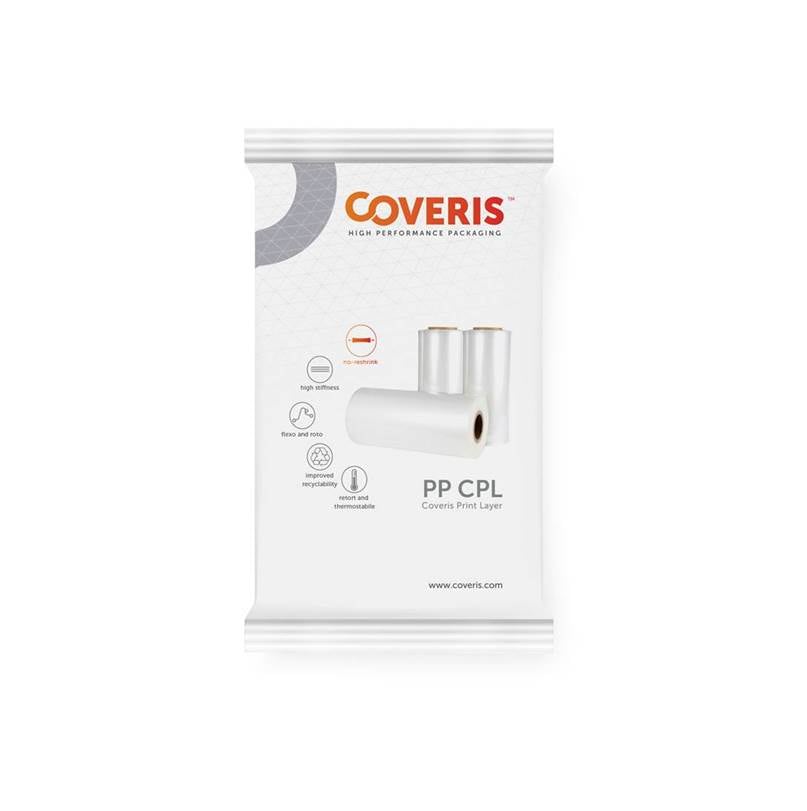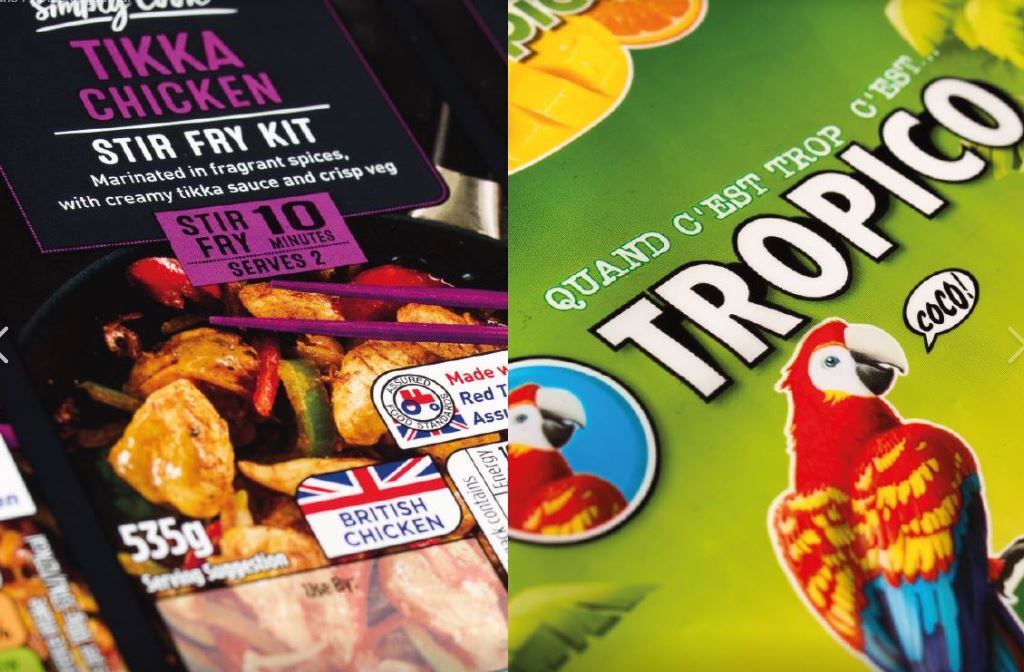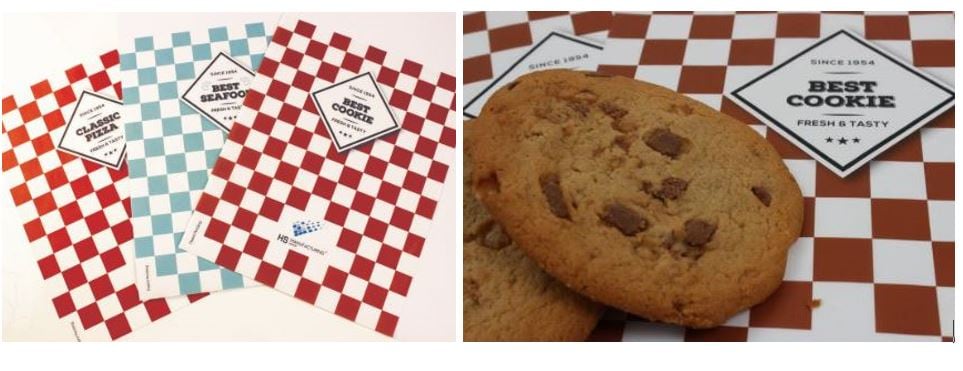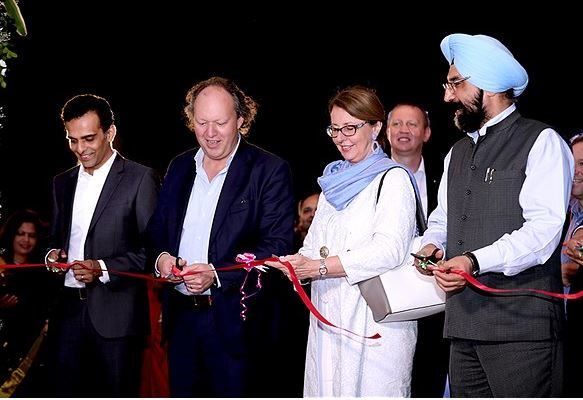Coveris Print Layer (PP CPL) is for flexible packaging of food and non-food products and available for polypropylene laminates.
100% PP structure

Jan-Torsten Vollmer, head, R&D and quality management, Coveris Kufstein, said the film supports the Circular Economy by having a 100% PP based structure, which minimises material waste.
He said this latest film outperforms the standard CPP film’s characteristics and compensates some of the disadvantages the manufacturer experienced in the past. For example, by combining the benefits of normal CPP and BOPP film, it offers ideal properties for flexible packaging of food, pet food and non-food products on the market.
"This CPP grade has now launched and is commercially available in Europe as well as worldwide. I started with the development more than a year ago and worked with our project partners in 2019," said Vollmer.
"This grade solved a few typical “disadvantages/weaknesses” of CPP as well as BOPP as it is more stiffer than a typical CPP (close to BOPP) and there is no re-shrink like BOPP. For example; CPP is normally relatively soft whereas BOPP has good stiffness but shrinks at certain temperatures and is not retortable, impacting thermal effects in sealing."
PP CPL comes in high transparency for shelf appeal and is available for flexo and rotogravure printing.
Heat-seal resistant
Vollmer said one of the advantages of CPP’s performance is it can withstand re-shrinking at high temperatures (0% at 150°C).
The mono-material is also retortable and has heat-seal resistance up to 180°C.
Other sustainable films offered by Coveris include: Mono-material laminates to improve the recyclability of flex packing based on PE (MultiFlex E, MultiFlex ES and PE+) or PP (MultiFlex P) and re-using of recyceled material (PCR) in packaging films such as its collation shrink film with 50% PCR (Duralite R).




